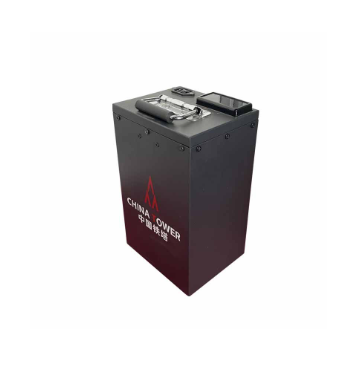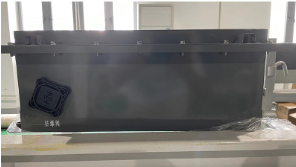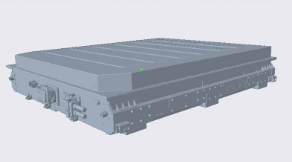Electric vehicles (EVs) have come a long way since their inception in the early 19th century. However, widespread adoption of electric cars was hampered by various factors, including limited battery technology. Until the advent of lithium-ion batteries, EVs were not able to compete with gasoline-powered cars in terms of range and performance. In this article, we'll take a closer look at how lithium-ion batteries revolutionized the EV industry and made electric cars a viable alternative to gas-powered cars.
In the early days of EVs, lead-acid batteries were the only practical option for powering them. Lead-acid batteries are heavy, bulky, and have a relatively low energy density, which means they can't store as much energy as lithium-ion batteries. As a result, early electric cars had limited range and performance.
Over time, other types of batteries were developed, including nickel-cadmium and nickel-metal hydride batteries. These batteries offered some improvements over lead-acid batteries but still fell short in terms of energy density.

Lithium-ion batteries were first introduced in the 1990s, and they quickly became the preferred battery technology for consumer electronics, such as laptops and smartphones. The advantages of lithium-ion batteries include:
High energy density: Lithium-ion batteries can store more energy than other types of batteries, which means they can power EVs for longer distances.
Lightweight: Lithium-ion batteries are lighter than other types of batteries, which helps improve the overall efficiency and range of EVs.
Fast charging: Some lithium-ion batteries can be charged much faster than other types of batteries, which makes them more convenient for EV owners.
Low maintenance: Lithium-ion batteries require very little maintenance compared to other types of batteries, which makes them a more practical option for EVs.

The introduction of lithium-ion batteries was a game-changer for the EV industry. It made it possible for EVs to compete with gasoline-powered cars in terms of range and performance. With the development of larger lithium-ion batteries, many modern EVs can travel more than 300 miles on a single charge. This has helped alleviate one of the biggest concerns of potential EV buyers: range anxiety.
Additionally, the popularity of lithium-ion batteries for consumer electronics helped drive down their cost as production scaled up. This also made EVs more affordable and accessible to consumers.

The impact of lithium-ion batteries on the EV industry has been immense, making electric cars more practical and convenient for everyday use. As a professional EV battery supplier in China with over 10 years of experience, RAJA has played a major role in this revolution. With a full supply chain for EV batteries and profound technical expertise in motors, electronic control, and powertrains, we can provide series of electric vehicle batteries for all applications, including Tunnel Tractor Battery, Sanitation Vehicle Battery, Low Speed Vehicle Battery, Light Truck Battery, and Mini Van Battery. Our independently developed BMS battery management system effectively manages the use of batteries, increasing range, extending lifespan, ensuring safety and reliability, and reducing operating costs. As the first and leading manufacturer to obtain the Production Qualification of EVs in China, RAJA is committed to providing innovative and reliable solutions for the EV industry and contributing to a greener future.
By continuing to use the site you agree to our privacy policy Terms and Conditions.